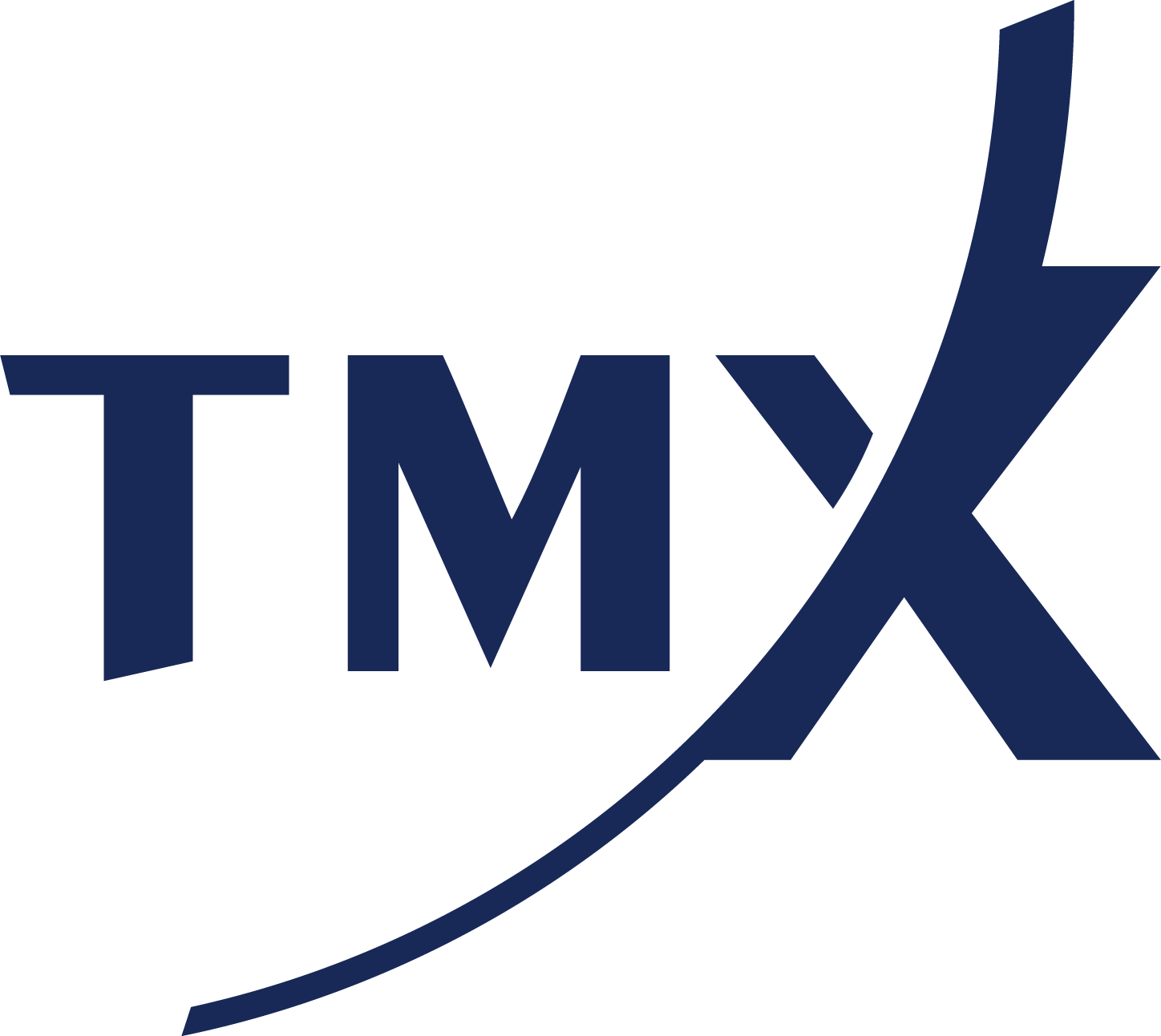How to Avoid the Most Haunted PR Communication Mistakes
- Melissa Strle

- Oct 24, 2023
- 5 min read
Updated: Apr 9, 2024

The worldwide public relations market is valued at approximately $107 billion U.S. dollars in 2023. In addition, it shows no signs of slowing down with a projected annual growth rate of 5.7% in the coming years. Avoiding PR communication mistakes in this important market is paramount for PR pros.
As a PR professional, you are most likely focusing on trying to enhance your company’s reputation. This means that avoiding PR communication mistakes is probably high on your list of priorities.
89% of PR professionals believe the most important role they play is to protect their company’s reputation(USC Annenberg Center for PR)
Finding out how to avoid PR communication mistakes can help you further your company’s positive reputation.
4 Common PR Communication Mistakes(+ How to Avoid)
As a PR pro, avoiding PR communication mistakes can help you build a positive corporate reputation and reap the benefits.
PR professionals and investors agree the most significant benefit that accrues to companies with a positive corporate reputation is corporate brand loyalty. USC Annenberg Global Communications Report 2023
Not Being Transparent or Honest
Customers are increasingly valuing honesty and transparency. However, somehow the news seems plagued with corporate scandals, regulatory fines and whistle blower reports.
When customers trust brands, they are 59% more likely to buy a brand’s products (Edelman)
Consumers have a voice and 71% of people say that it is more important to trust the brands they buy or use today than in the past.
Furthermore, when customers trust brands, they are 59% more likely to buy the brand’s products.
How to Avoid Non-Transparent or Misleading Communication Mistakes
Create clear, accurate and forthright messaging
Respond to a crisis in a timely and transparent manner, admit wrongdoings, communicate steps taken to correct problems and take further preventative measures
Consistently communicate to all stakeholders
Train company spokespeople and leaders to communicate through honest and open methods
Monitor and engage with stakeholder’s regarding any feedback
Engage in social listening and respond to questions or concerns
Create behind-the-scenes videos and interviews with management
Create a crisis communication plan
Regularly review feedback
Ignoring or Responding Poorly to Negative Feedback
There are many channels, including social media, where your customers can give both positive and negative feedback.
In fact, nearly half of all internet users post online reviews every month and 81% of consumers said they read Google reviews in 2021.
Online reviews help consumers that are shopping around and searching for the best products. In addition, consumers are expecting to be heard when they post negative feedback.
53% of consumers want a fast response to
negative reviews (ReviewTracker)
Unfortunately, statistics show that businesses have not kept up with replying to negative reviews in the way that consumers are expecting.
Unsurprisingly, if this is characteristic of your company, it translates into a negative financial impact.
75% of businesses don’t respond to negative
reviews (Keeping)
Indeed, studies show that you can make 35% more in earnings if you respond to at least 25% of reviews. In addition, 86% of users think twice about buying from a company with negative reviews.
How to Avoid Ignoring or Responding Poorly to Negative Feedback
Actively listen to all channels where your brand is mentioned, including news outlets and social media
Acknowledge quickly to prevent the issue from escalating
Stay calm and professional without getting defensive
Emphasize, show concern and demonstrate that you value different perspectives
Take responsibility
Offer solutions
Move lengthy conversations offline to email, phone or direct message
Provide training for customer service teams on how to manage negative feedback
Build and demonstrate a positive corporate brand by showcasing the corporate mission, achievements, testimonials and success stories
Inconsistent or Conflicting Messaging
Inconsistent messaging confuses your customers and erodes trust in your brand.
As a PR pro, you should maintain consistent messaging so that stakeholders understand your brand’s core values and products.
Examples of Inconsistent Messaging
Product feature descriptions differ across social media and press releases
Internal memos announce job security following a merger & acquisition, but external communication hints at downsizing
Initially denying any wrongdoing following a crisis and later accepting responsibility
Publicly committing to sustainability but continuing harmful environmental practices
Promoting a food or beverage as healthy and simultaneously labeling it as containing high sugar and calories
Different company spokespeople promoting different messages
PR announcing strong financial health when financial reports or disclosures reveal otherwise
How to Avoid Inconsistent Messaging
Focusing on consistent messaging takes time, effort and a planned approach. Try using the following methods.
Adopt a centralized communication strategy across your company with clear guidelines and continually share with all employees
Conduct regular training for spokespeople and communicators about key messages, company values and the overarching communications strategy
Provide standard communications’ documents outlining the corporate stance on various issues and approved language
Hold regular team meetings to ensure everyone understands the communications strategy and messaging
Create strong internal communications with frequent informative messaging
Conduct external communication checks on press releases, social media posts and other statements before they go out
Monitor media coverage for misunderstandings and promptly address
Develop a crisis communications plan for consistent messaging during times of crisis
Stay updated on all corporate developments that require messaging changes
Overhyping or Overpromising
It’s easy to get caught up in the excitement of your new product or company announcement. In fact, you might even become over-exuberant as you excitedly share the details with key stakeholders.
However, it is important to approach everything from a neutral and balanced perspective.
For example, your product or service might in fact have its own shortcomings. Thus, the hype may need to be more subdued.
How to Avoid Overhyping or Overpromising
Your customers might feel betrayed if your products or services don’t live up to the hype of your PR campaign.
Therefore, as a PR professional, try to view the situation from a neutral and logical perspective, use data and facts to back up your claims and set realistic expectations.
Use verifiable facts to support your communications
Learn about your company’s products & services so you understand strengths, weaknesses and core attributes
Collaborate with different departments to understand multiple product/service viewpoints and set realistic expectations
Train corporate spokespeople on the importance of accuracy
Watch what competitors are saying and try not to “one-up” your competitors with inflated claims
Acknowledge areas of development and improvement required
Promptly address complaints from customers feeling they have been promised something that was not delivered
Learn how to avoid common PR communications mistakes and enhance your credibility as a PR professional. Subsequently, your company and stakeholders will benefit from your enhanced PR communications strategy.





